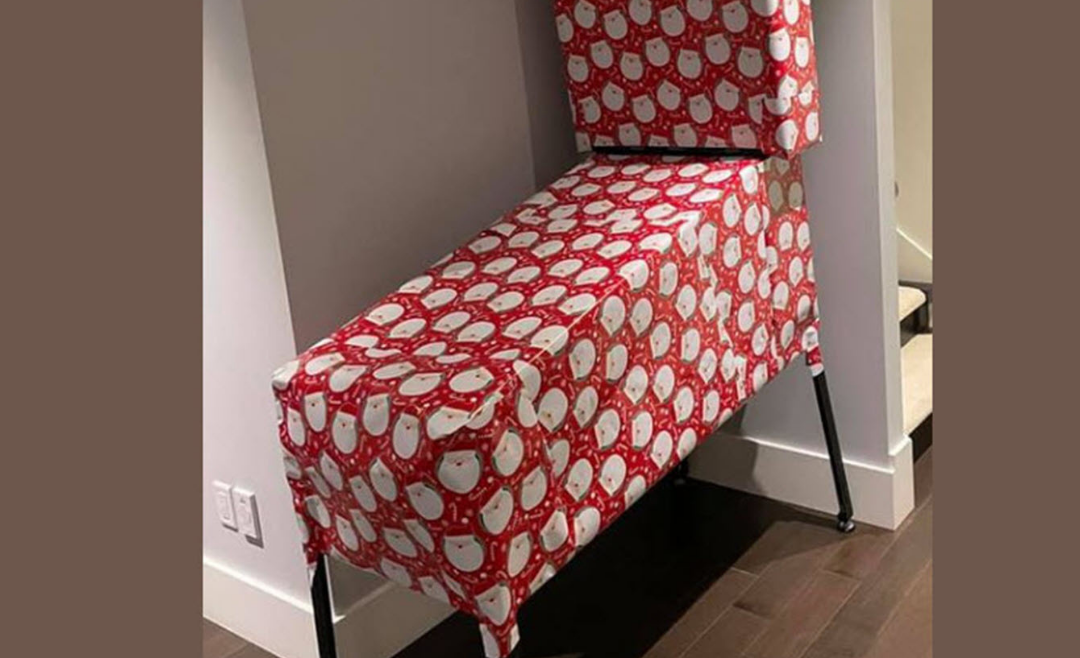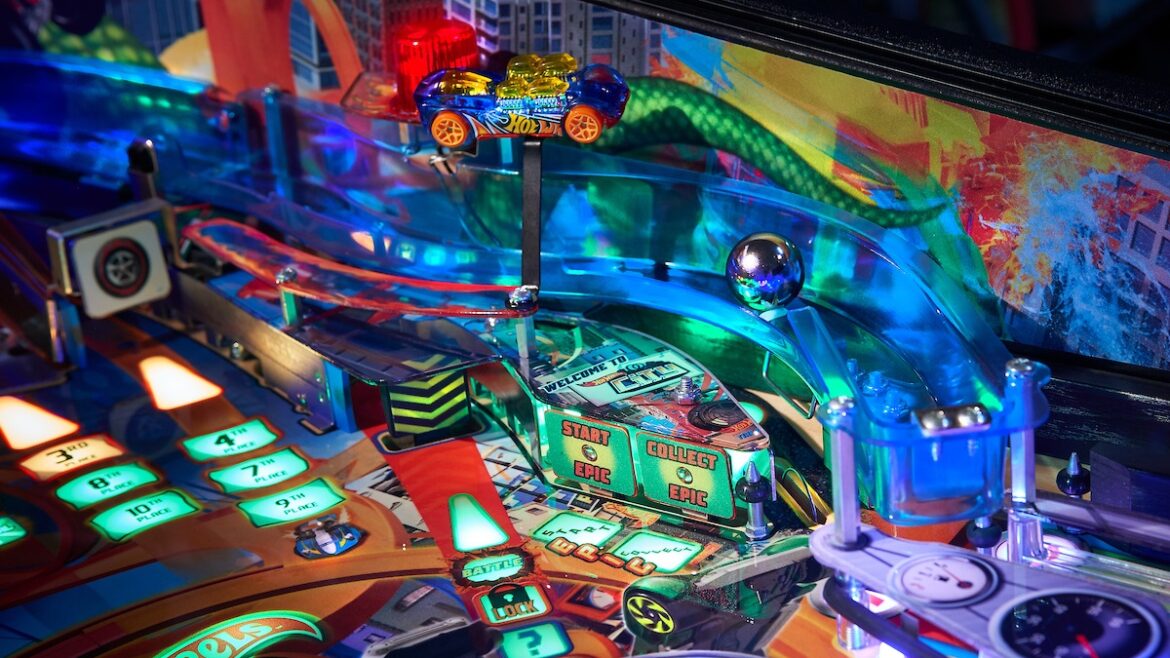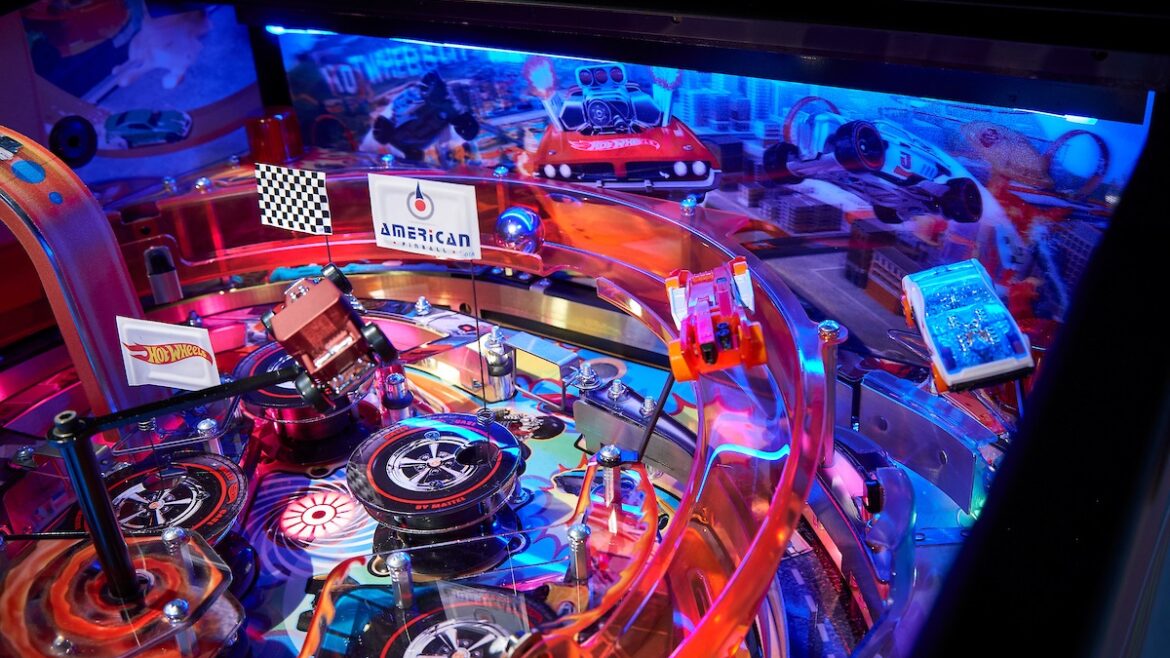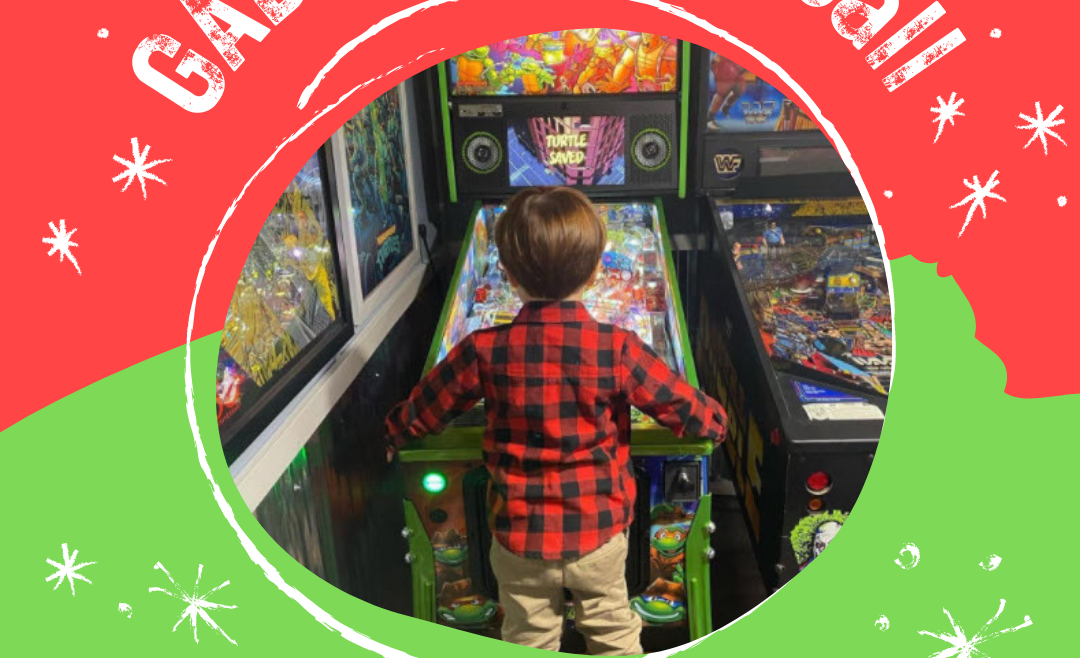Big party for New Year’s? Kids are totally bored already? Your friends want to hang out at home instead of going out? How about a new dart board? Pinball? Golden Tee PGA? That will keep everyone entertained.
Here’s a couple ideas:
- The newest Stern James Bond is a true hit. The variety of game play is new and unusual. But the graphics are from all the familiar Bond movies. The best of the Bond girls, villain’s and gadgets.
- Golden Tee Home versions are in stock at GAD. There is the traditional Golden Tee Home and the new Golden Tee PGA Home versions. Both have been in stock but call for details.
- Digital Darts is a quick and easy add to a home game room. Provides single, head-to-head and team play options for hours of great play. With digital scoring it is much easier to keep the play friendly and moving along.
- For the kids, there are a lot of popular pinball titles to keep them engaged. TMNT, Toy Story 4, and Hot Wheels are just a few of the games the kids love.
- Music lovers have many titles to select from. Pick your favorite. Guns ‘n Roses. Led Zeppelin. Rush. Or check with us about ordering your favorite band.
- And, don’t forget your favorite movie characters. The Mandalorian. Star Wars. Jurassic Park. Just to name a few…..
GAD will be closed Friday am, 12/30 – Monday, 1/2.
Happy Holidays!

























